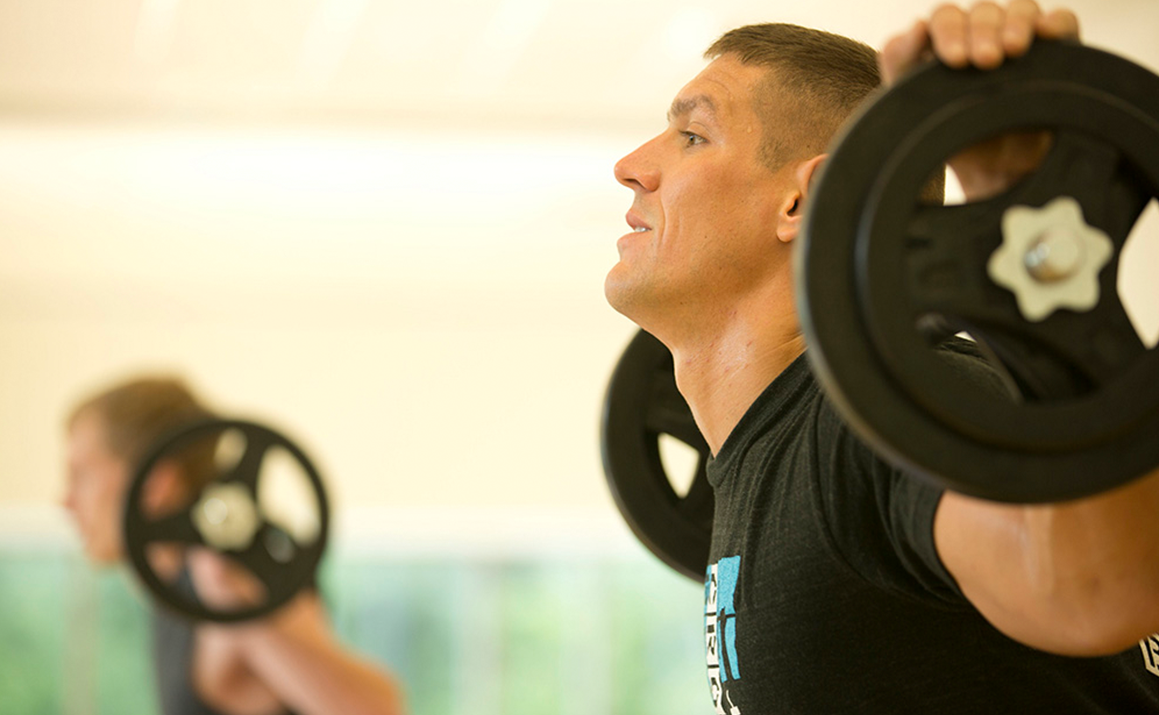Kinesiology and Physical Education (M.S., M.Ed.)
Advanced training for careers in exercise science, physical education in K-12 schools, and leading fitness activities across the lifespan.

Program overview
Our graduate programs in Kinesiology and Physical Education offer a general, science-based curriculum that provide a strong foundation for careers in exercise science, as well as physical education and fitness in K-12 schools or across the lifespan. Students work closely with faculty specialists employing the latest technology to measure and analyze physical response, development and deviation to provide understanding and application of the latest theory and practical techniques. Classroom and laboratory experiences are designed to provide the student with an applied understanding of the scientific basis of exercise training in different groups. And as Maine’s only NCAA Division I school, UMaine offers a wealth of hands on and real world experiences right at students fingertips. Areas of specialization include physical education/teacher education, adapted physical education and exercise science.
Contact Us
For questions about applying to the program, please use the Graduate School contact form below. For general queries, coehd@maine.edu.
